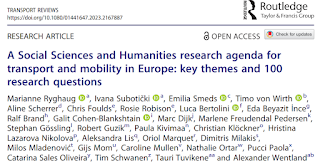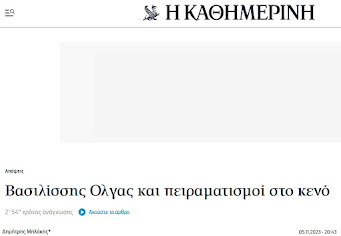Understanding worthwhile travel time

In our new article, with Veronique Van Acker, Yannick Cornet, Eva Malichova, and Manuel Ojeda-Cabral, we provide empirical insights into what makes travel time worthwhile, based on the theoretical concept of Worthwhile Travel Time (WTT). Using a large dataset of over 38000 validated trips collected across 8 European countries via the Woorti app , we examined how experience factors, travel activities, traveller and trip characteristics shape perceived worthwhileness (i.e., enjoyment, fitness, and productivity) across walking, cycling, public transport, and private motorised travel. Key findings: Walking and cycling offer higher perceived WTT compared to public or private motorised travel. For walking and cycling, enjoyment plays a larger role than fitness. Activities like accompanying someone or listening to audio (for walkers) and the act of cycling itself or reflective thinking (for cyclists) enhance worthwhileness. For public transport, personal productivity (e.g., browsing, thinking...





